1. Burger King’s “Women Belong in the Kitchen” Tweet (2021)
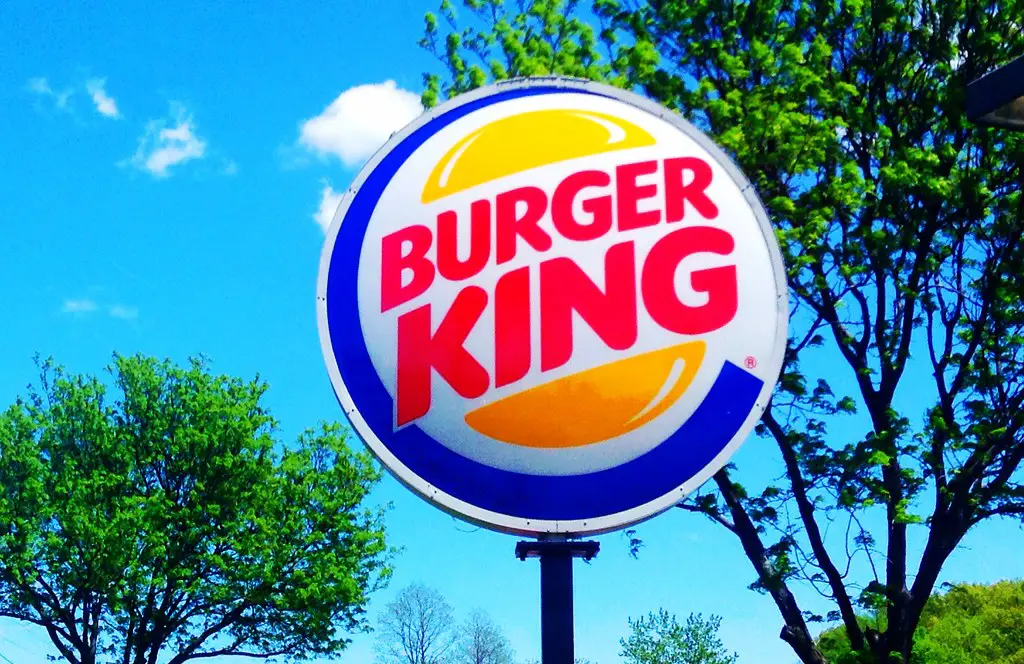
Burger King UK stirred up a firestorm when they tweeted, “Women belong in the kitchen” on International Women’s Day. It was meant to promote a culinary scholarship for female chefs, but most people didn’t read past the first tweet. The shock tactic backfired immediately, with the internet slamming the chain for using a sexist trope just to grab attention. Critics called it tone-deaf, and even those who appreciated the intent agreed the delivery was all wrong.
Within hours, Burger King deleted the tweet and issued an apology, but the damage had already gone viral. Screenshots spread like wildfire, and the brand faced days of bad press. What was supposed to be a message about empowerment ended up looking like a cheap stunt. It’s a reminder that context doesn’t always carry over on social media—and shock value can sometimes just be… shocking.
2. McDonald’s Filet-O-Fish Ad Next to a Memorial (2017)
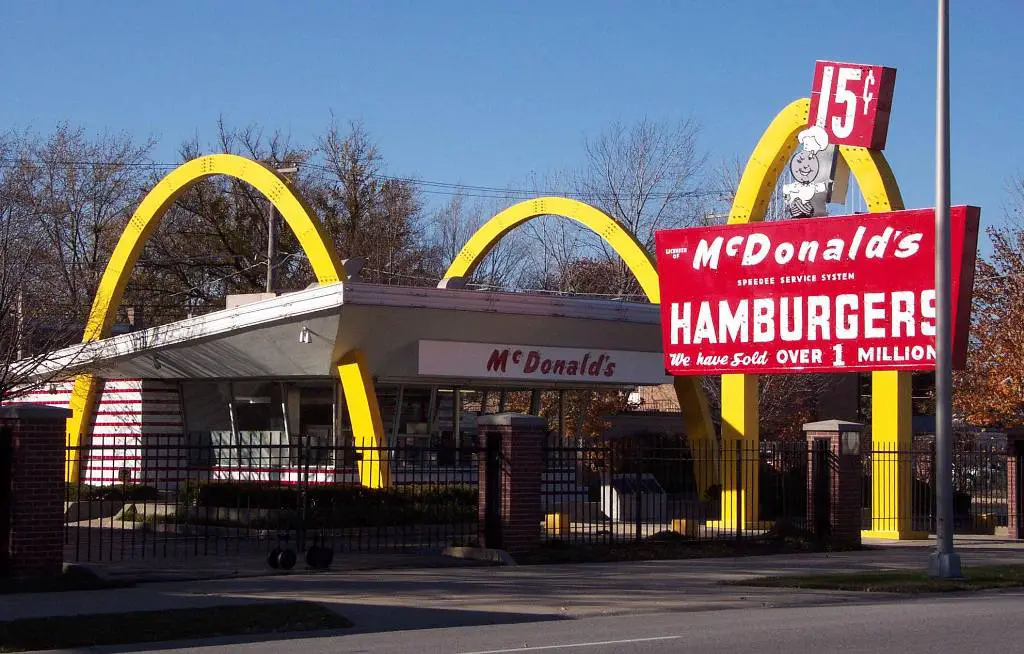
McDonald’s UK released an ad about a boy who connects with his late father by discovering they both liked the Filet-O-Fish. It was meant to be touching, but viewers found it emotionally manipulative and tasteless. The idea of using grief to sell a sandwich didn’t sit well, and complaints poured in from parents and grief counselors alike.
The backlash was so intense that McDonald’s pulled the ad and apologized for “upsetting people.” Critics accused the company of exploiting loss for profit, and even marketing professionals called it a serious misstep. The ad only aired for a few days, but that was long enough to leave a sour taste. It proved that some emotions, like childhood bereavement, are not something you can sandwich between soft buns and sell to the public.
3. Pepsi’s Kendall Jenner Protest Ad (2017)
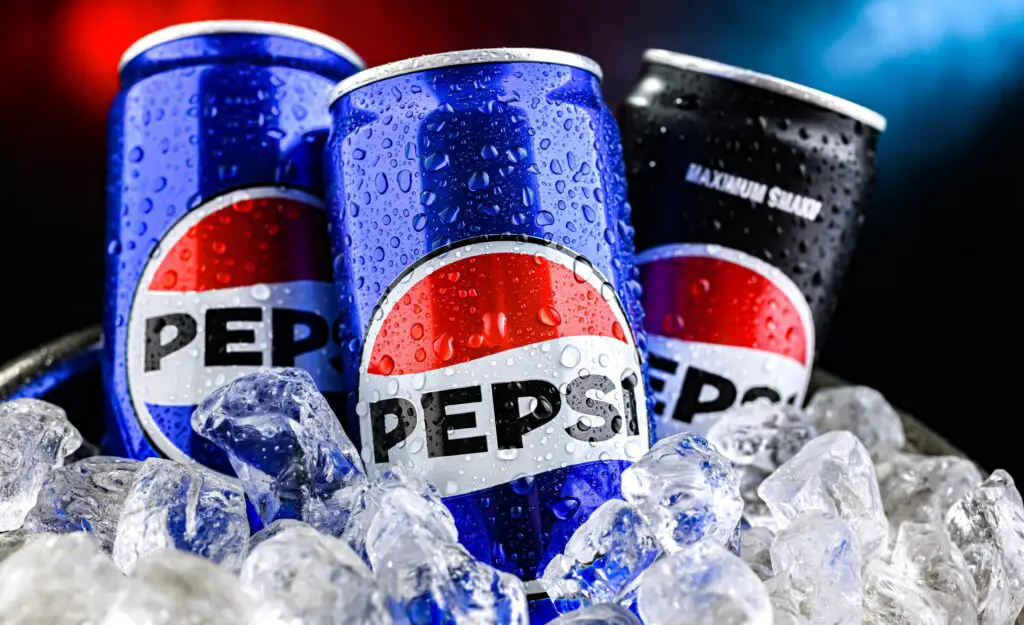
Okay, this one technically isn’t fast food, but the impact hit like a Big Mac to the face. Pepsi’s ad starring Kendall Jenner was pulled after just one day following major backlash. It showed Jenner leaving a photo shoot to join a protest, then diffusing tension by handing a police officer a Pepsi. People were outraged that it seemed to trivialize real movements like Black Lives Matter.
The internet erupted with criticism, saying the ad turned serious activism into a shallow branding opportunity. Civil rights activists and celebrities condemned it, and Pepsi quickly apologized and removed the commercial. Jenner was caught in the fallout too, facing her own round of criticism. It became a textbook case of a company trying to be “woke” without understanding the weight of the issues.
4. Carl’s Jr.’s Over-the-Top Sexy Ads (2005–2015)

For years, Carl’s Jr. leaned into a marketing campaign that featured supermodels eating burgers in bikinis, often in slow motion and covered in sauce. The ads were designed to be edgy and “manly,” but eventually, they crossed into cringe territory. Viewers began to question why a burger chain was relying so heavily on sex appeal rather than actual food quality.
Public response shifted from intrigued to embarrassed, and by the mid-2010s, people were calling out the ads as outdated and objectifying. Carl’s Jr. got the memo when they rebranded with cleaner, food-focused campaigns. They even admitted they had gone too far, hoping to appeal to a broader, more respectful audience. Turns out, watching someone straddle a motorcycle while biting into a cheeseburger isn’t the appetite booster it once was.
5. Chick-fil-A’s “Eat Mor Chikin” Billboards Near Pride Events
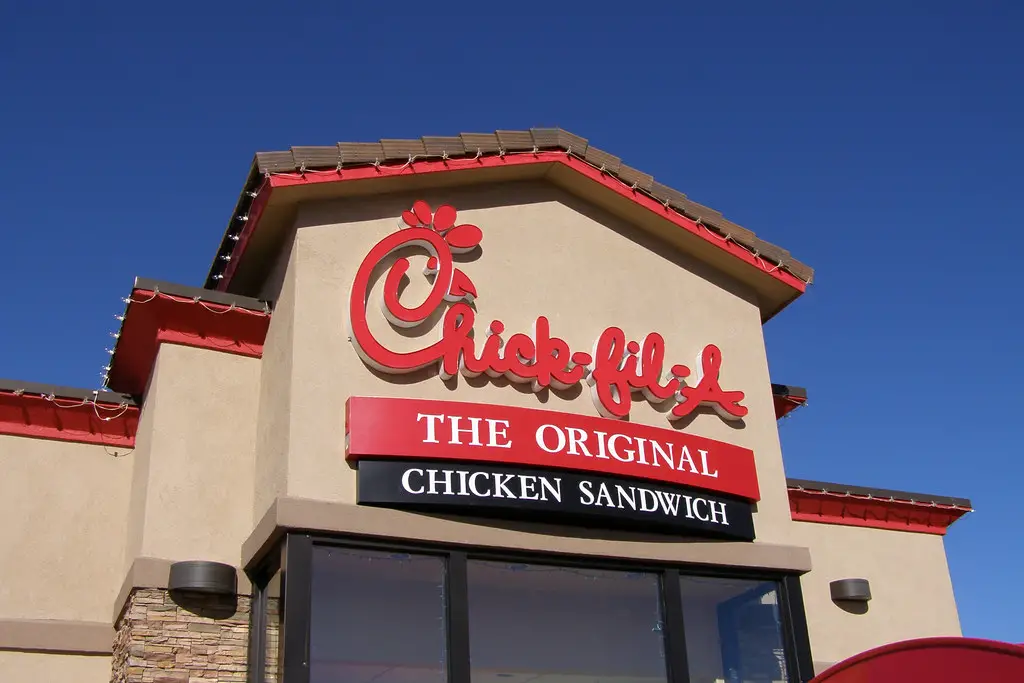
Chick-fil-A has long been the center of controversy due to its past donations to anti-LGBTQ+ organizations. So when their famous “Eat Mor Chikin” cow billboards popped up near major Pride events, many saw it as more than just bad timing. Even if unintentional, it felt like a subtle jab, especially given the company’s public history.
Protests erupted, and social media campaigns called for boycotts, reigniting debates about corporate values versus public image. Chick-fil-A eventually stopped donating to some of the organizations in question, but the public relations damage lingered. To some, the billboards were just cows with a message, but to others, it felt like a reminder of deeper tensions. It showed how a simple ad placement can reopen old wounds in a very public way.
6. Taco Bell’s “Fourthmeal” Campaign (2006)
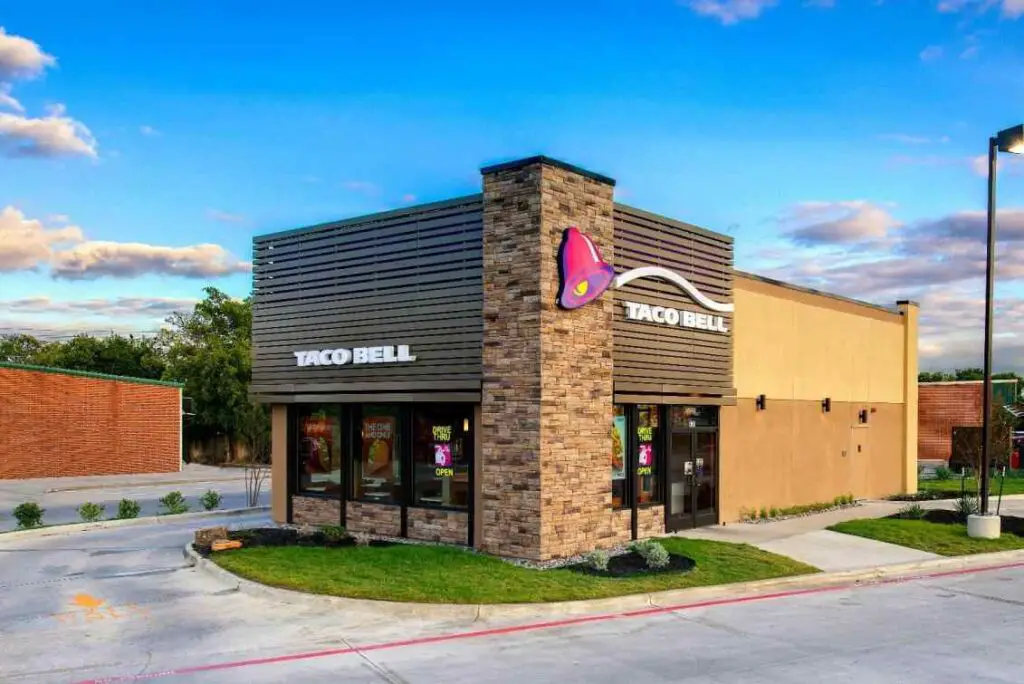
Taco Bell’s “Fourthmeal” campaign promoted late-night snacking as a sort of honorary extra meal after dinner. It seemed harmless at first—fun, catchy, and full of neon lights. But health experts quickly pounced, criticizing the campaign for encouraging unhealthy eating habits and normalizing binge behavior in a country already grappling with obesity.
Parents and nutritionists alike worried the ads were targeting teens and young adults during a time when they were most vulnerable to fast food temptation. Though the campaign lasted a while, Taco Bell eventually backed off from pushing “Fourthmeal” as aggressively. The backlash showed that not every craving needs a slogan, and just because you can serve food at 2 a.m. doesn’t mean you should make it a lifestyle.
